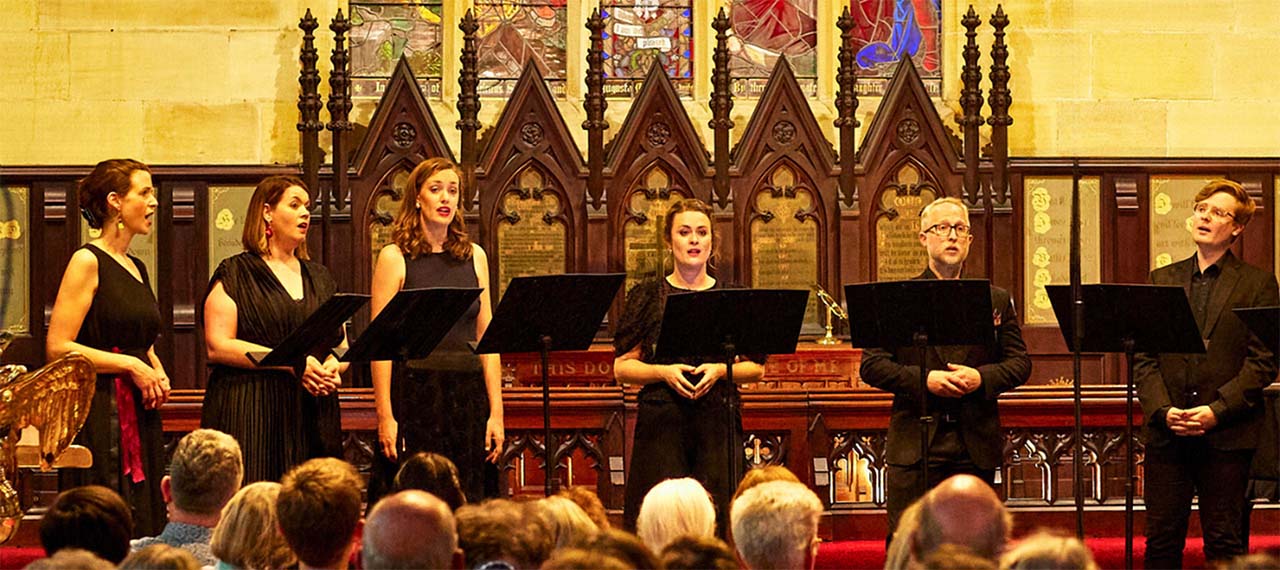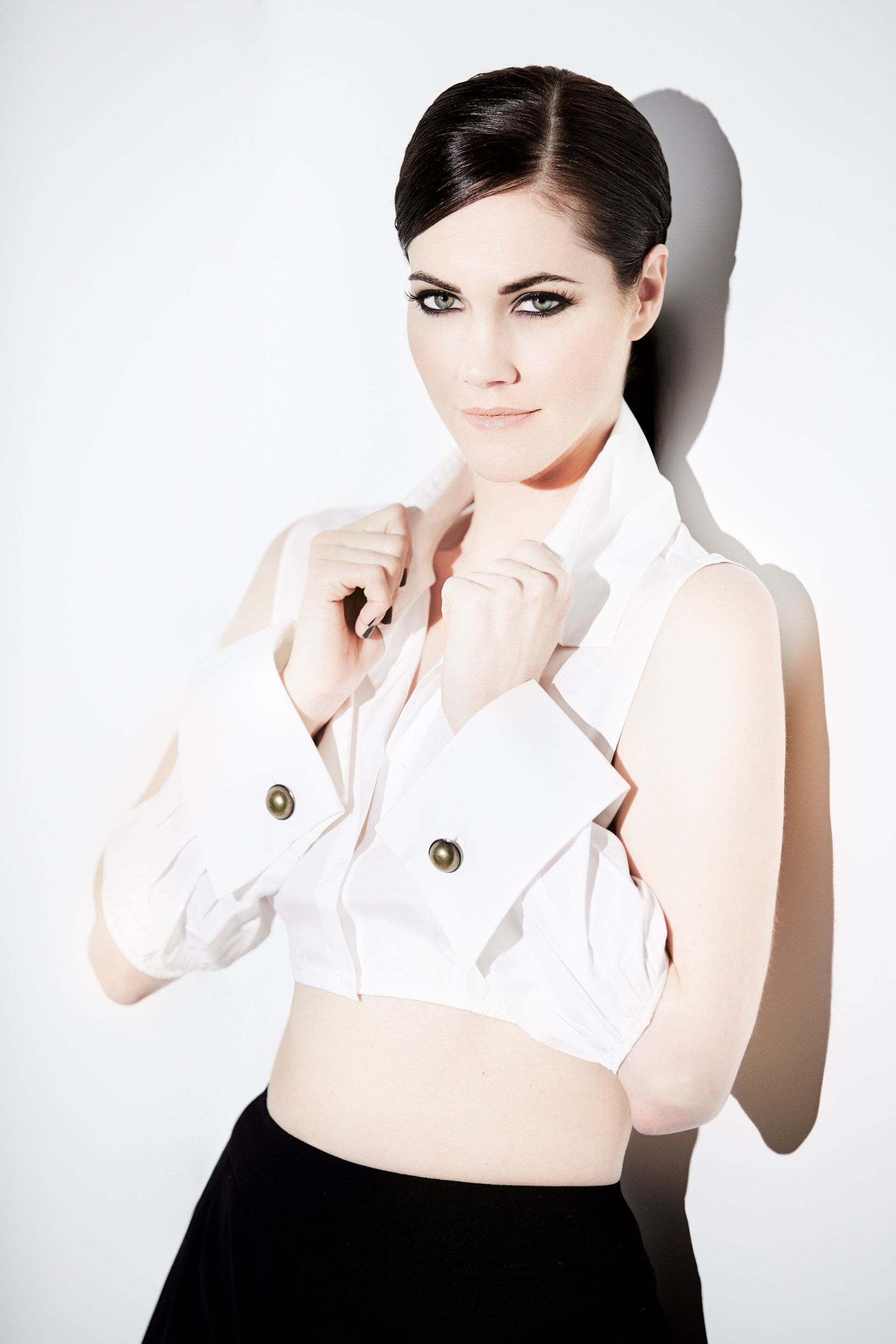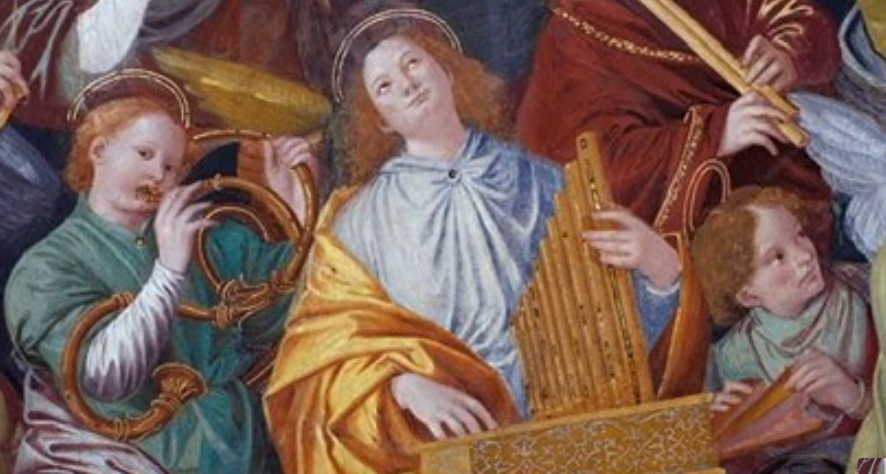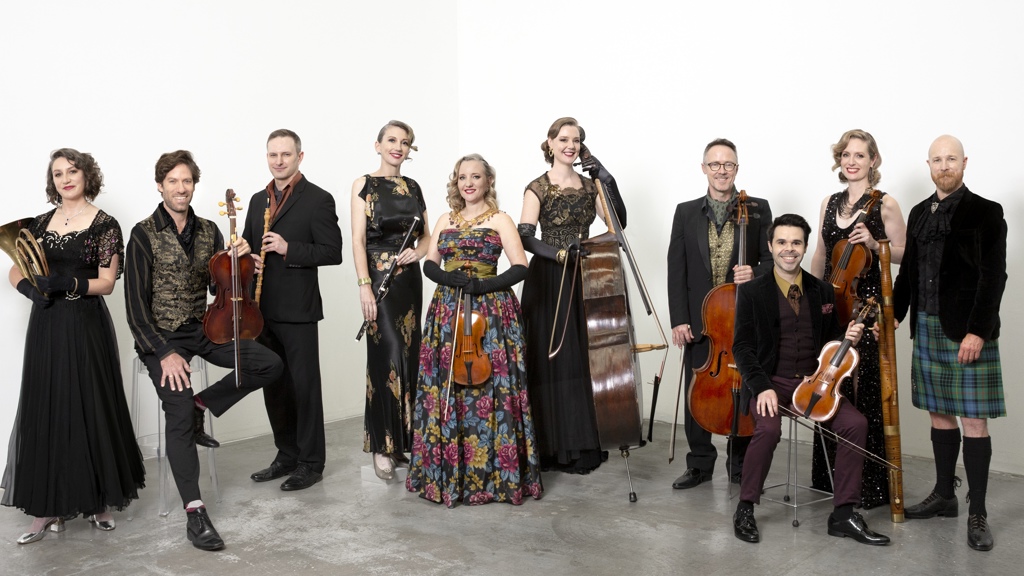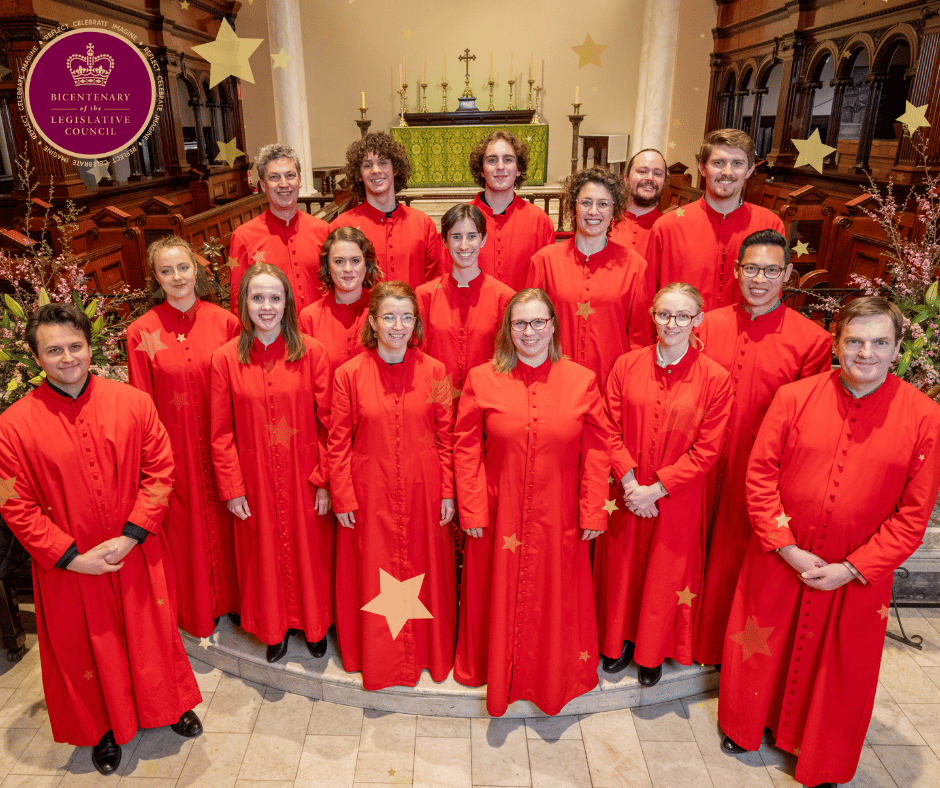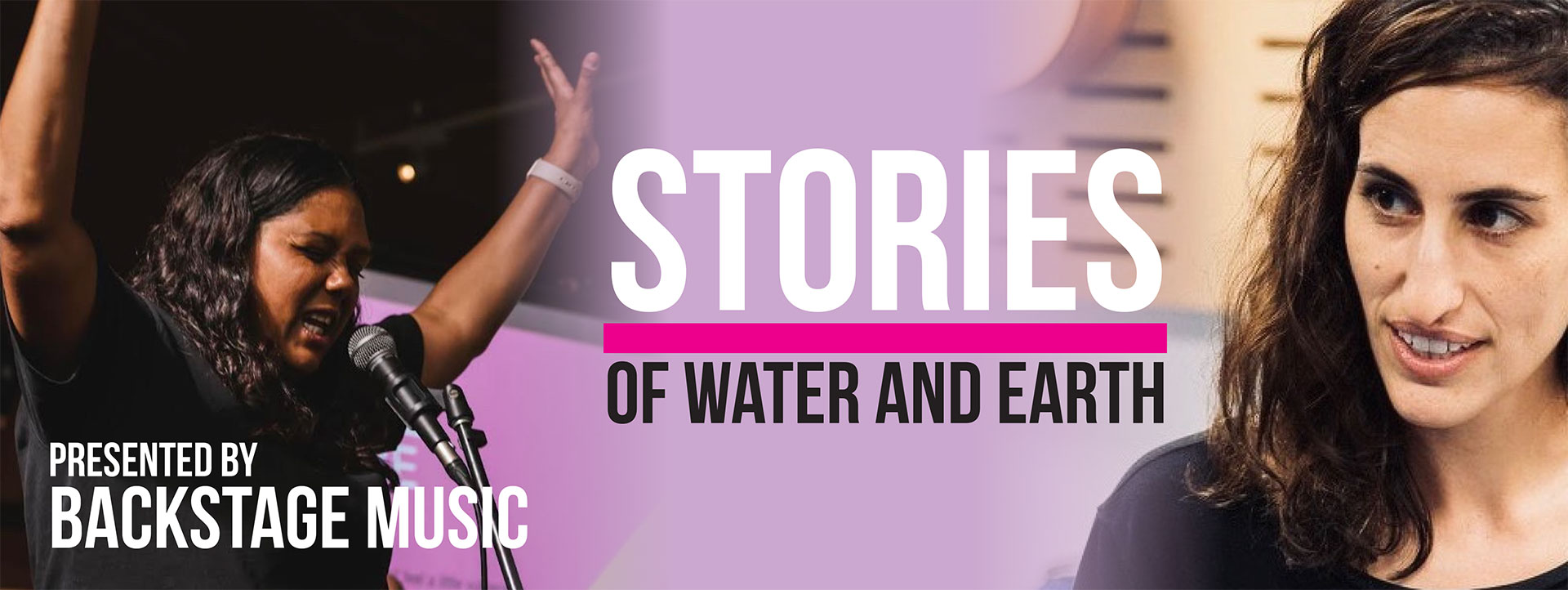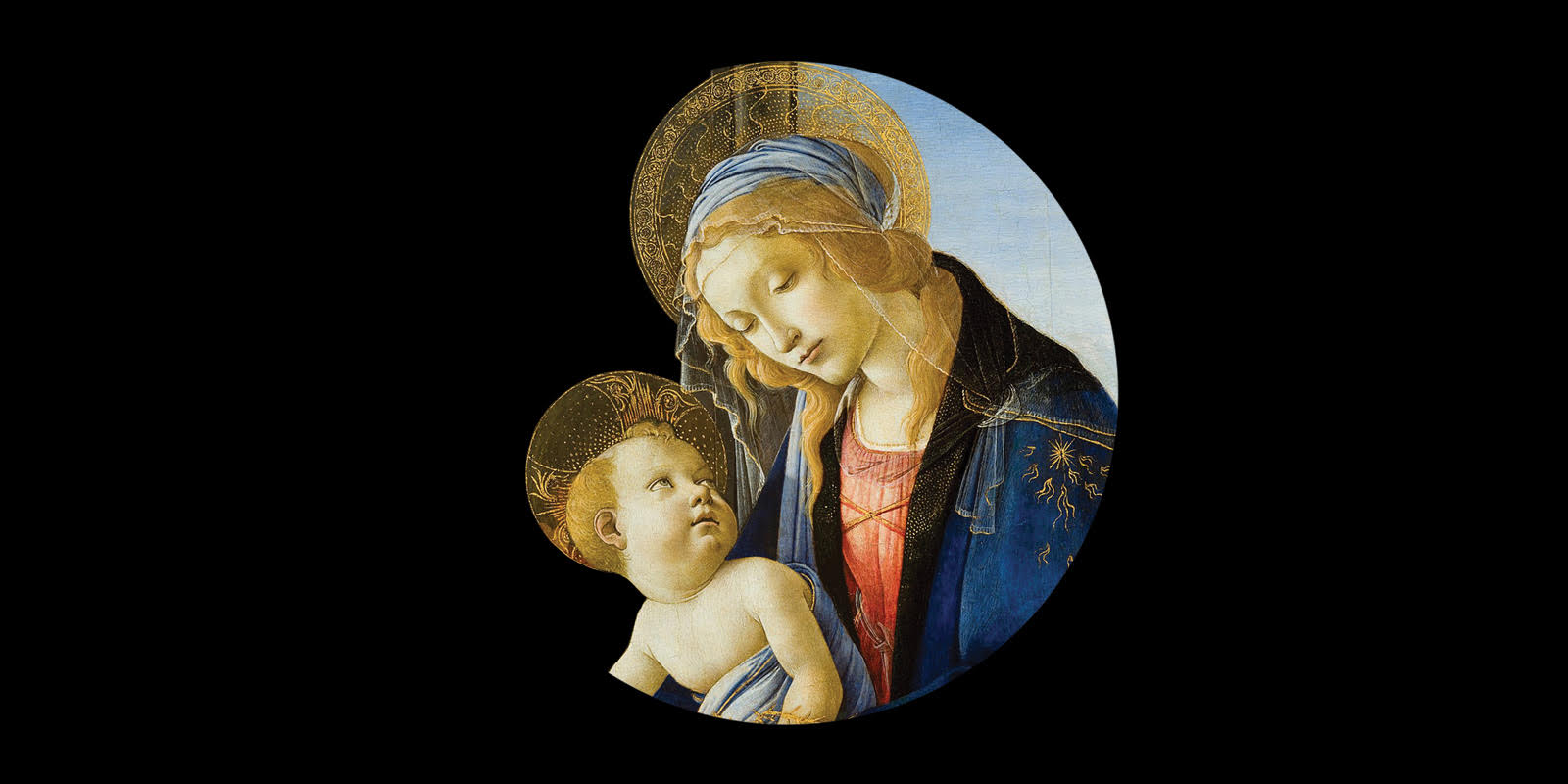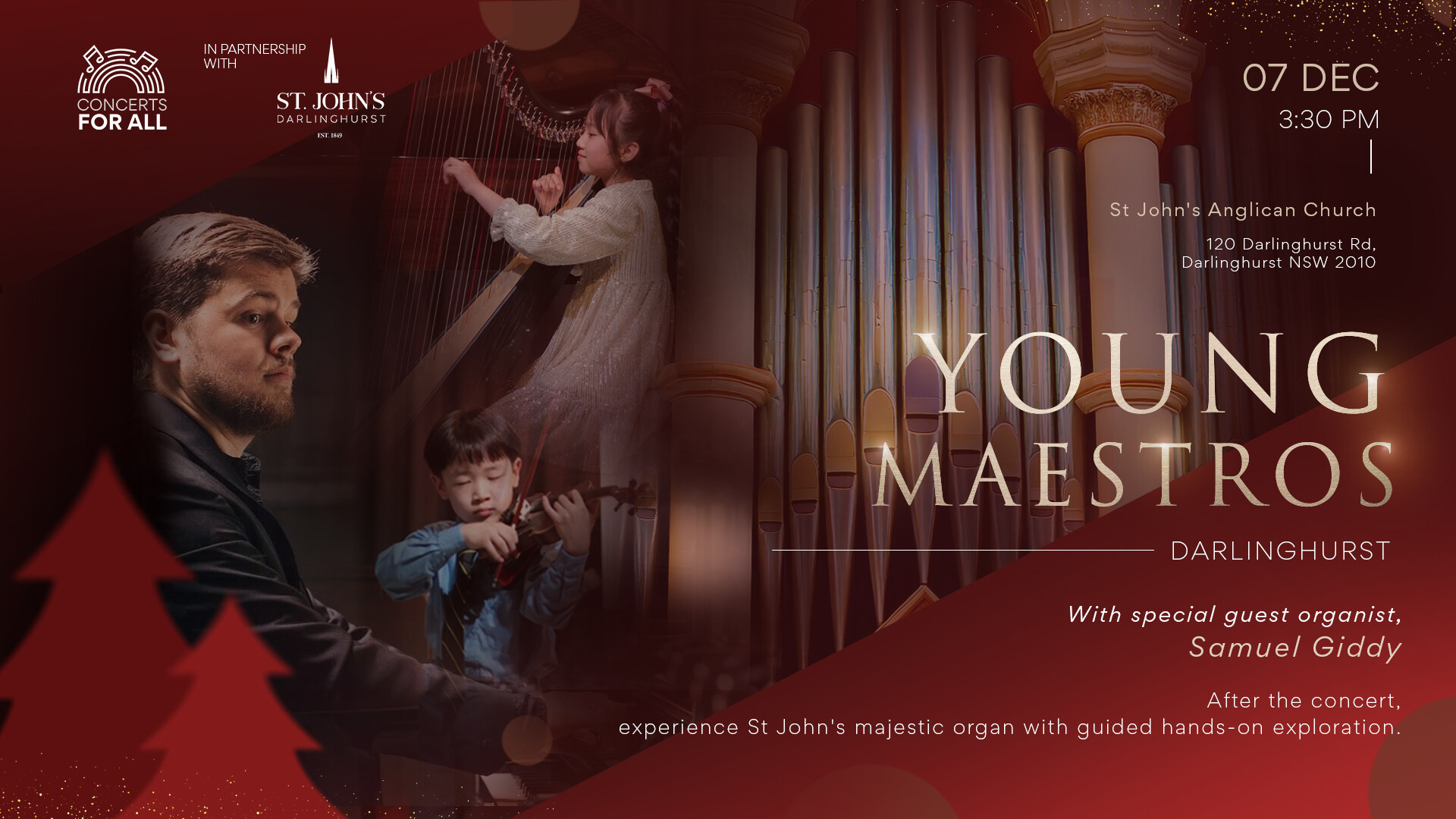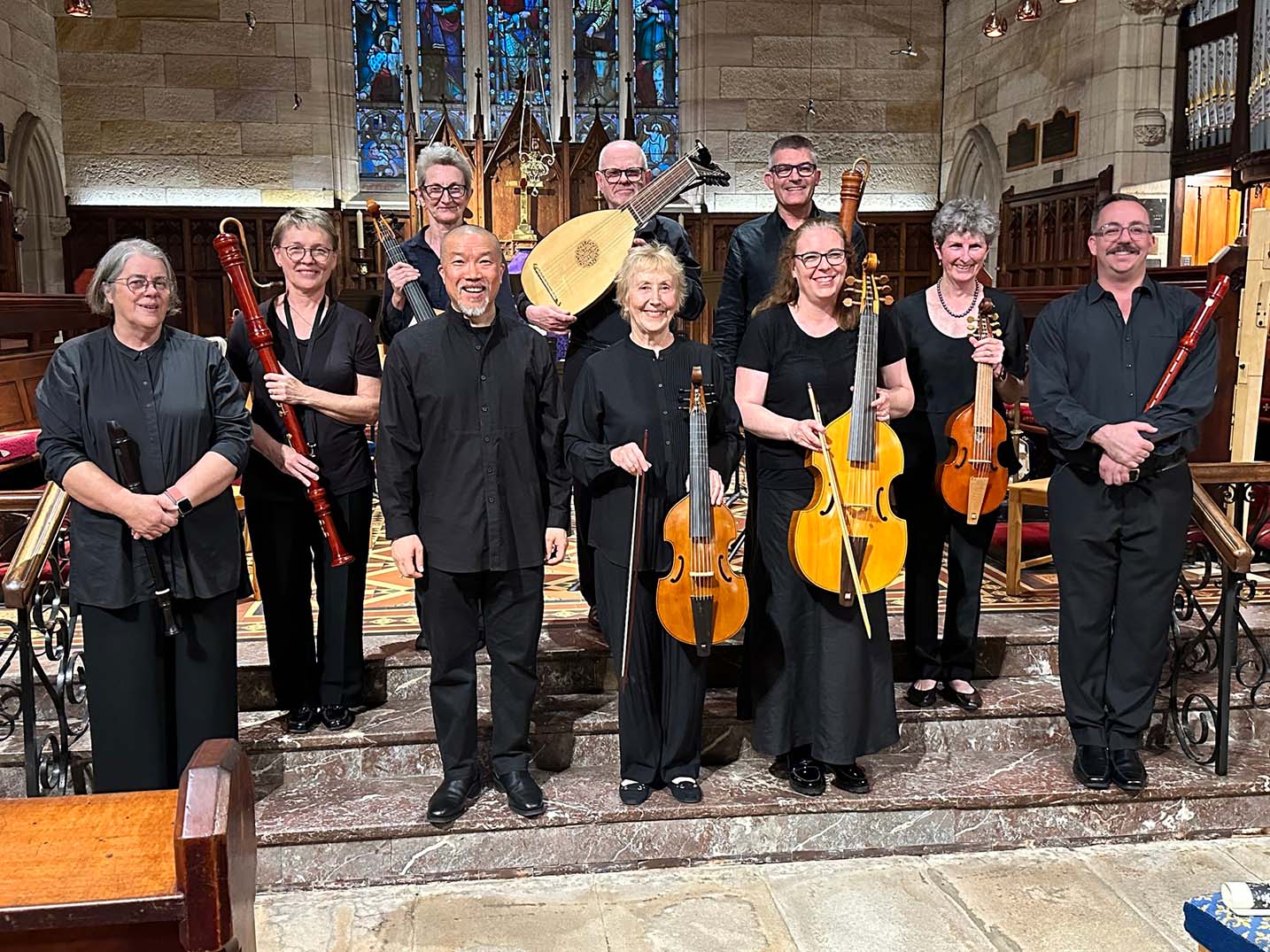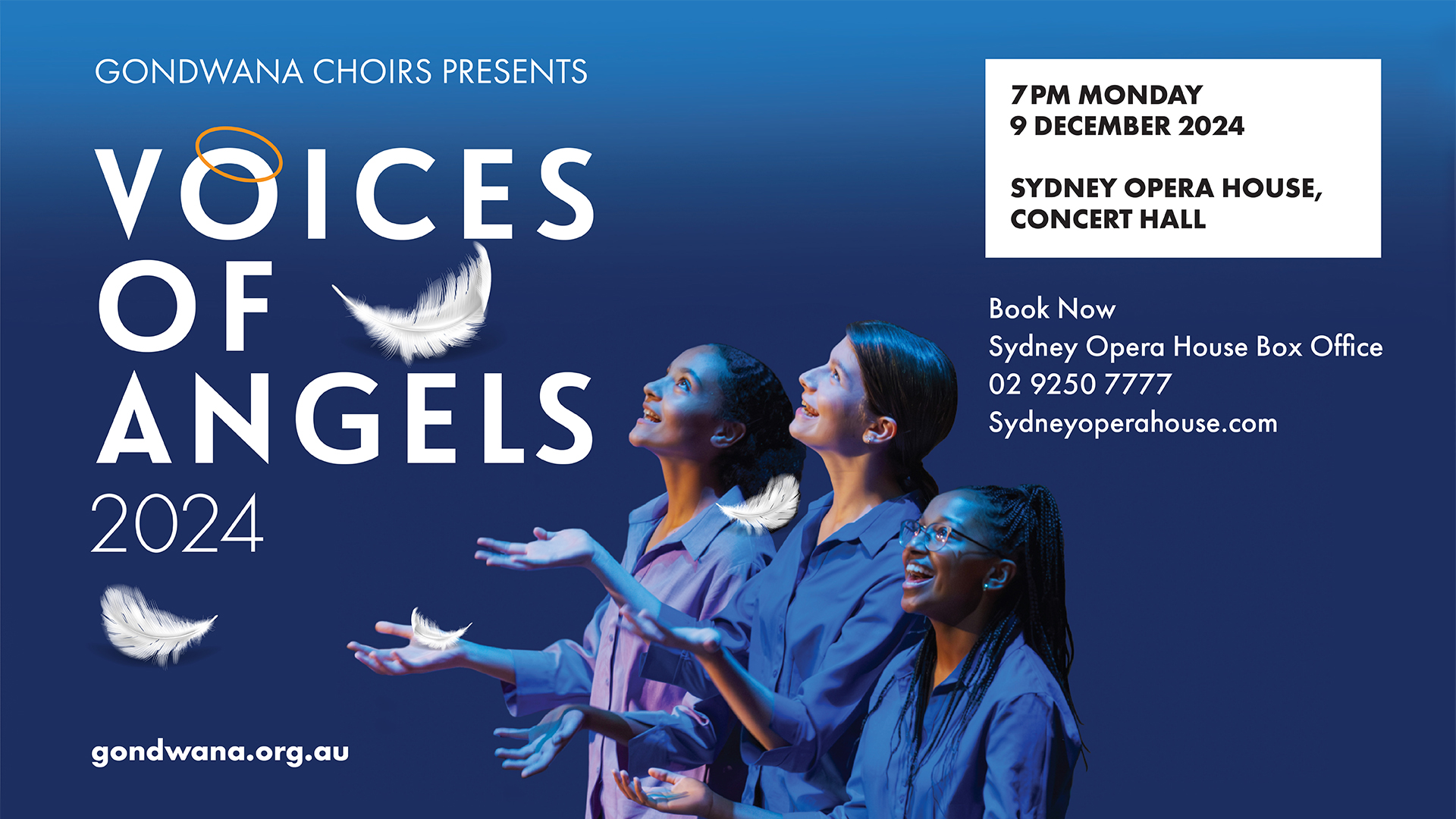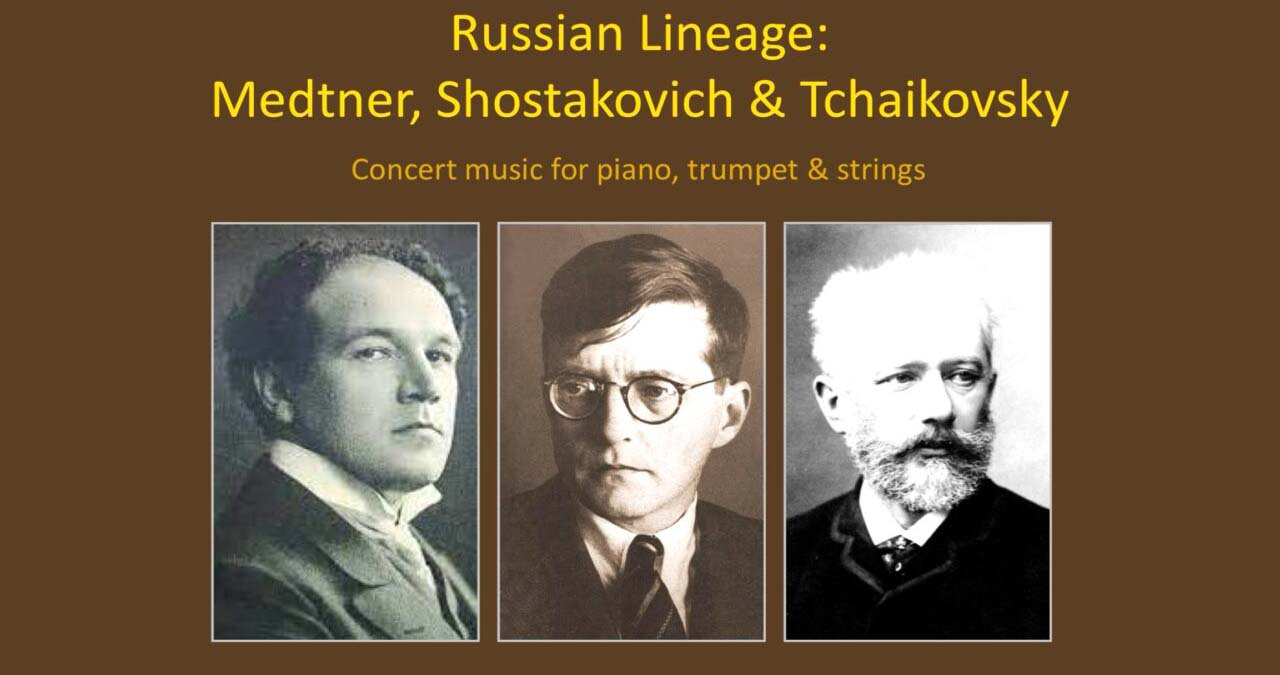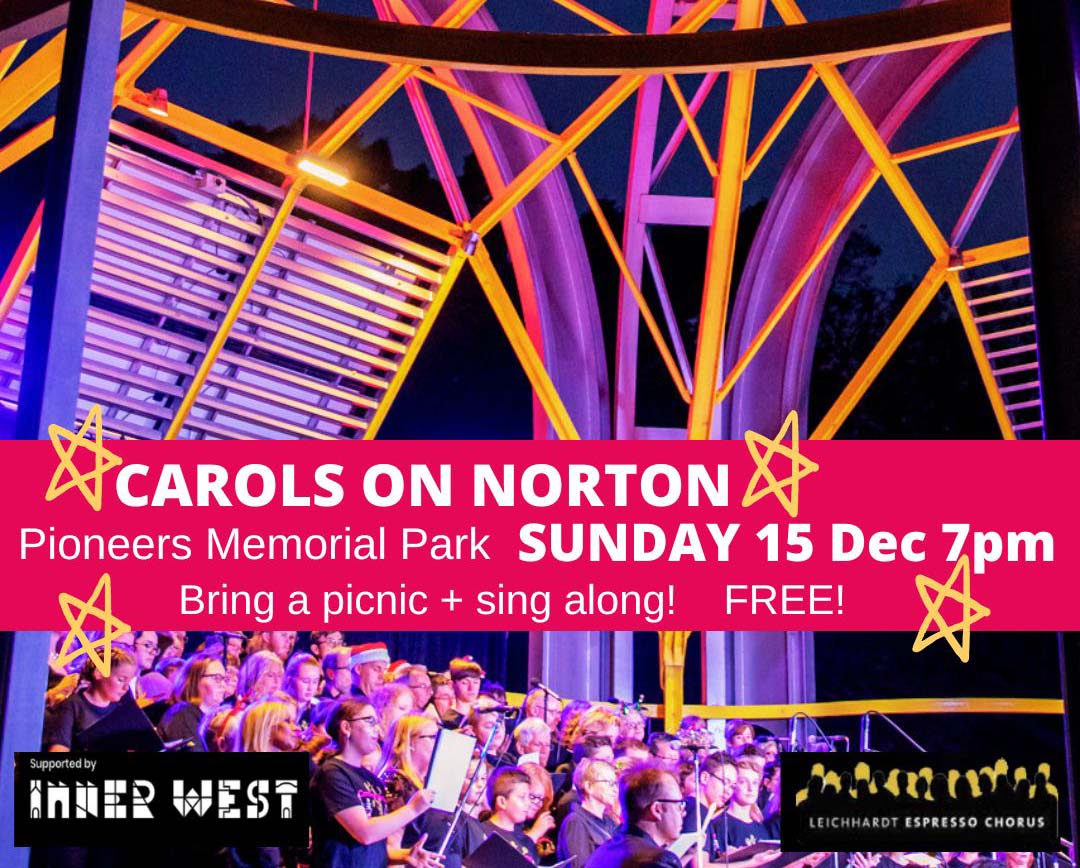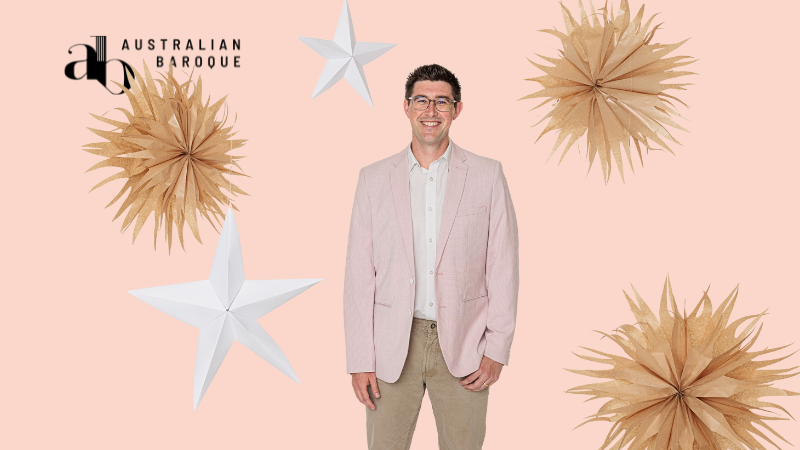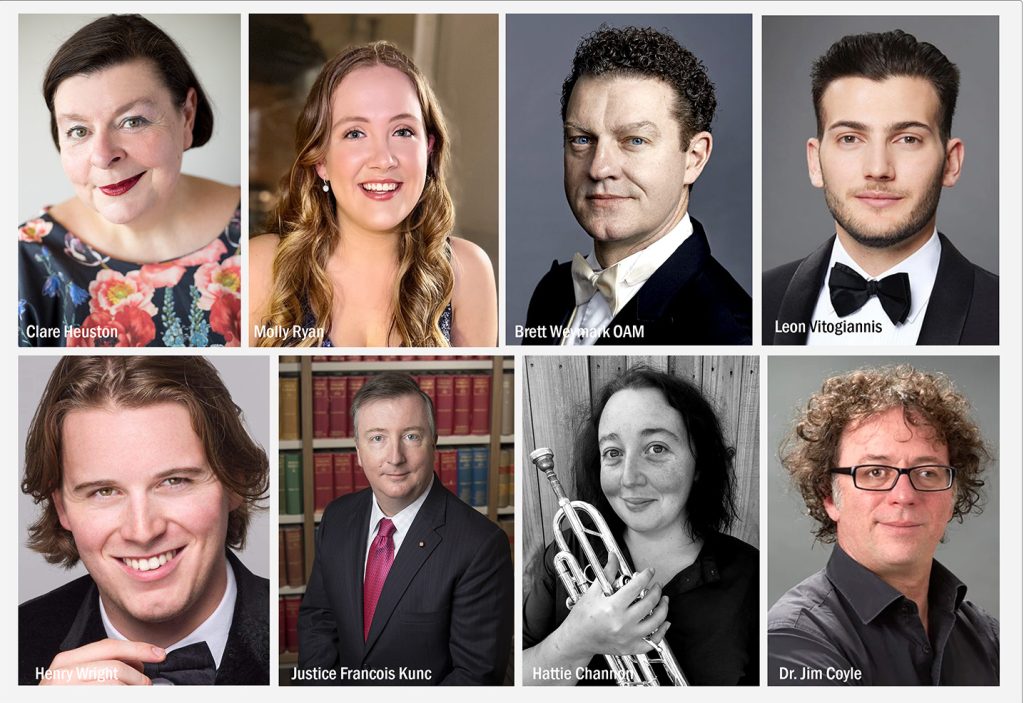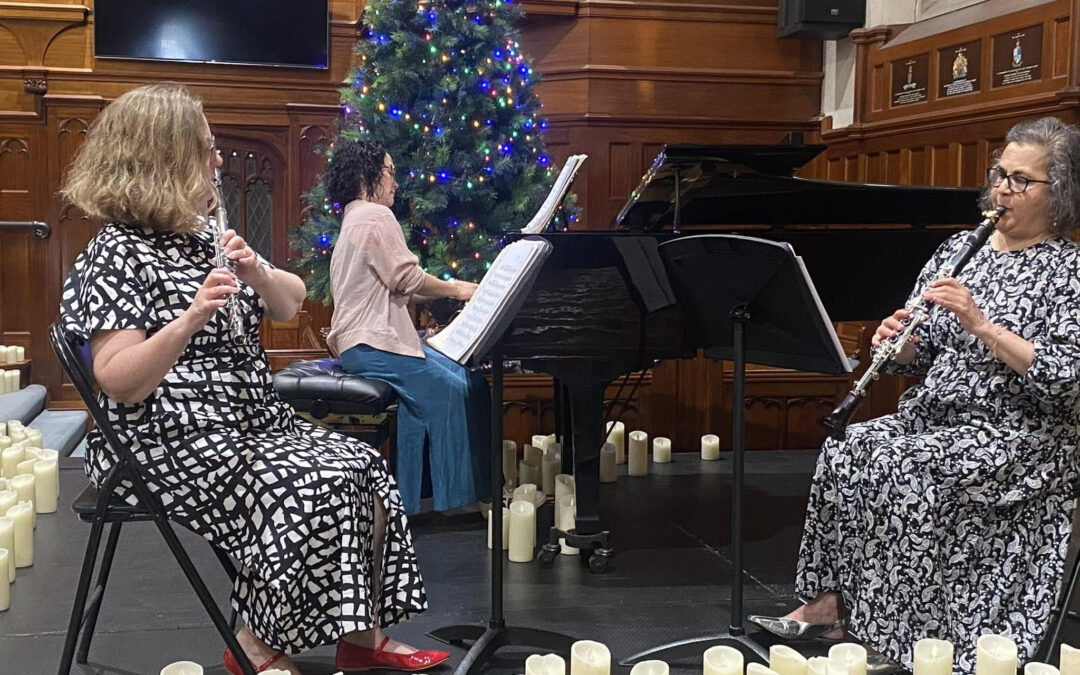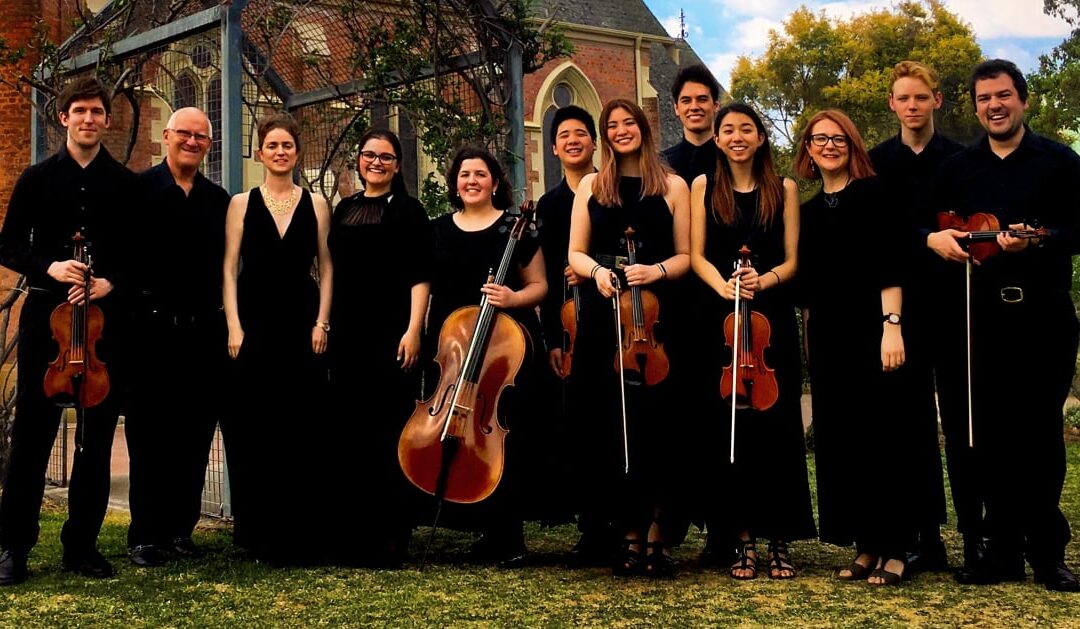With a concert of Australian songs, all by living composers, a review is as much about performance as the music itself. Some of the texts were by well established traditional Western poets (Yeats and de la Mare) but the Australian cartoonist Michael Lunig was in the mix too.
Lucky to have Simon Lobelson for a smaller recital
Sydney based Simon Lobelson has a full, round baritone voice with lots of drama at the big end. He is enjoying an illustrious international career and we are lucky to have him for a smaller scale recital like this concert. He was very musically and sympathetically accompanied by the pianist/ composer David Patterson.
The pianist Chris Cartner is the driving force behind Resonance. Resonance stages a number of short, high quality chamber music concerts each year and this concert is bravely there. Cartner played a relatively minor role in this concert, adding the extra 2 hands in the 4 handed final bracket of Calvin Bowman’s Three Sea Songs. This was a bit of rollicking good fun in the sea shanty tradition of tossed-off strophic songs.
David Hush’s Fantasy and Fugue is an impressive piece
Cartner also played a piano solo as an interlude: the Fantasy and Fugue by the composer David Hush, who was in the audience. This piece was firmly in the tradition of JS Bach with a slow moving but unstoppable harmonic structure, cadenzas, pedal points, suspensions and resolutions and dramatic (organ-like) bass voice entries. Slow and grand. An impressive piece and performance.
David Paterson accompanied his own lovely melodies
The two settings of Yeats poems by the Melbourne based composer David Paterson (who also accompanied the rest of the program) were about love. He Gives His Beloved Certain Rhymes is about the giddy love for the unattainable beloved. The voice here is bright and optimistic, but the piano interludes melancholic. This is very melodic and tonal writing with some Vaughan Williamsish modality in the English tradition. The other song, A Dream of Death, relates a dream about a beloved who had died. The piece has a C octave repeated throughout in the middle of the piano range which embodies a yearning. The last phrase goes from the extreme top of range to describe the beloved’s beauty down to the depth of the grave. In both songs there were lovely melodies, nothing complex, lyrically sung.
Hue Blanes’ Trees is a heartfelt environmental plea
The two songs by Hue Blanes, the Melbourne Jazz composer’s foray into classical art song were interesting. Jealous Craig had lots of vitriolic drama in the vocal part, punctuated with furious flourishes in the piano. In the song Trees, the piano’s shimmering texture alternated with frenetic action. This song is a heartfelt environmental plea, asking where the trees can get through. Word painting in both composition and performance showed the struggle.
Calvin Bowman’s song cycle was pure delight
The centre piece of this concert was Calvin Bowman’s settings of Lunig’s Real and Right and True cycle of nine short poems. Bowman is a renowned organist and composer, again Melbourne based, and he wrote this work as a commission for the Lyrebird Society in Melbourne. The composition was full of light hearted fun and had the unmistakable stamp of Lunig’s sentimental, self deprecating cartoons we know and love so well. The pieces and their performances were alternately whimsical, charming, ironic and melancholic. My favourite was The Home for the Appalled where the patient is brought in on a stretcher, and bawled and bawled and bawled: “There’s nothing wrong with me, it is the world that is appalling“; Lobelson’s dramatic baritone voice was ideally suited. Also Sitting on the Fence was ironically decisive and Let it Go was only 15 seconds long, 2 phrases; probably the world’s shortest song. There was also A Little Duck, with a waddling voice part and quacking in the piano. This cycle was pure delight; I’d love to get hold of a recording.
Dan Walker, another composer from Melbourne, also arranged a de la Mare poem, When Music Sounds, which was a commission for Pinchgut Opera. It is about music’s power to uplift the soul, achieved with rich chords and arpeggios. It is very much of the 19th and early 20th century artsong tradition and ideally suited to Lobelson in his lyric mode.
Enjoyable concert and immense respect for all involved
I expected this concert to be full of modern and very challenging music. Instead it was filled with music which was highly melodic and tonal, mostly with even phrases and simple rhythms in the voice part, and thus not at all demanding for the audience. That is not to underestimate the work of the composer, pianists and singer. There were high demands placed on the performers, but the ultimate effect was enjoyable and often a lot of fun. I really enjoyed this concert and have immense respect for all involved.
Review for:
![]() Resonance: The Music of Australia | 22 April 2016 | Christ Church Lavender Bay
Resonance: The Music of Australia | 22 April 2016 | Christ Church Lavender Bay![]()

